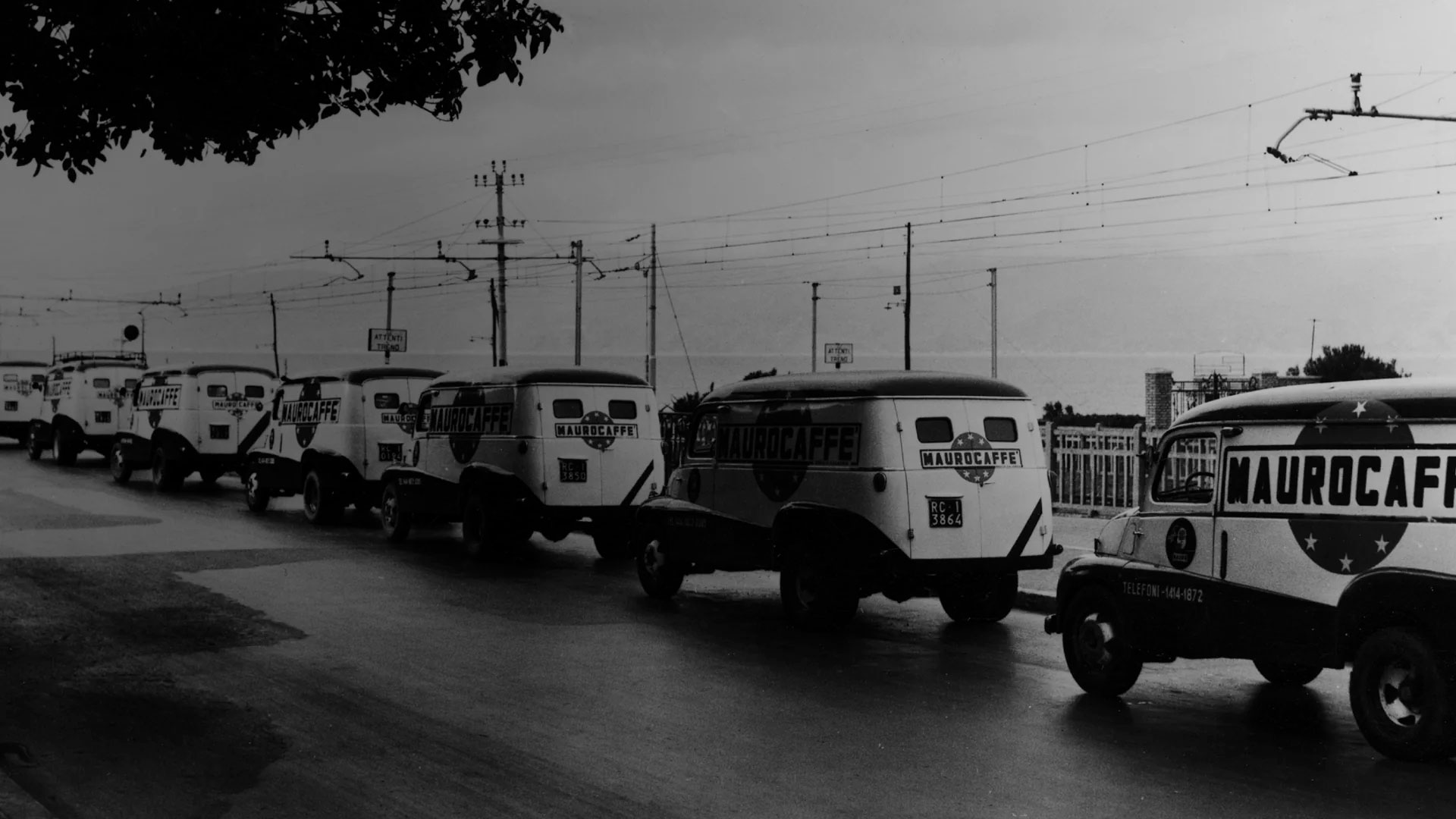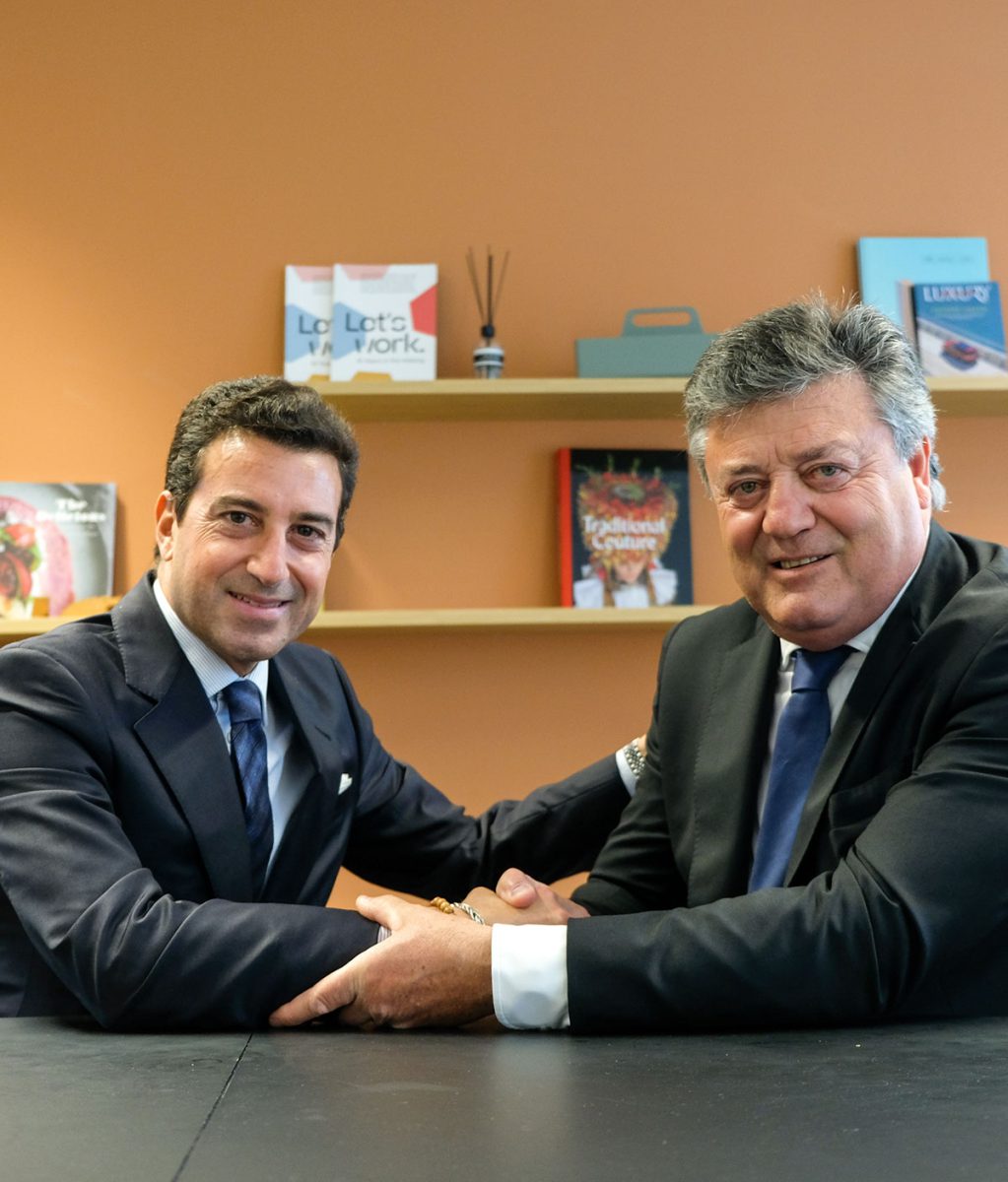
Today Caffè Mauro is a historic Italian Roastery which overlooks the Strait of Messina and which champions the values of Mediterranean culture and lifestyle. From the outset it has produced high quality coffee which it exports to more than 60 countries worldwide, where it is a symbol of the great culture of Italian-style espresso blends. Since 2022 it has become part of the Gimoka Group – a multi-category hot beverage company – ushering in a new phase in the brand’s development, with the goal of providing a superior taste experience and an exceptional attention to service for its professional partners. An ever-closer connection to the land, as shown by its inclusion in the special registry of historical trademarks of national interest, counterbalances the complete renewal of the company’s mission and market approach. With its new strategy, Caffè Mauro is seeking to develop its brand on all sales channels and on new international markets, becoming the “leading exponent” of the process of slow roasting single origins, to really highlight the sensory profile of the blends developed in the Laboratory, where the aromas and colours of the Mediterranean fill the air.
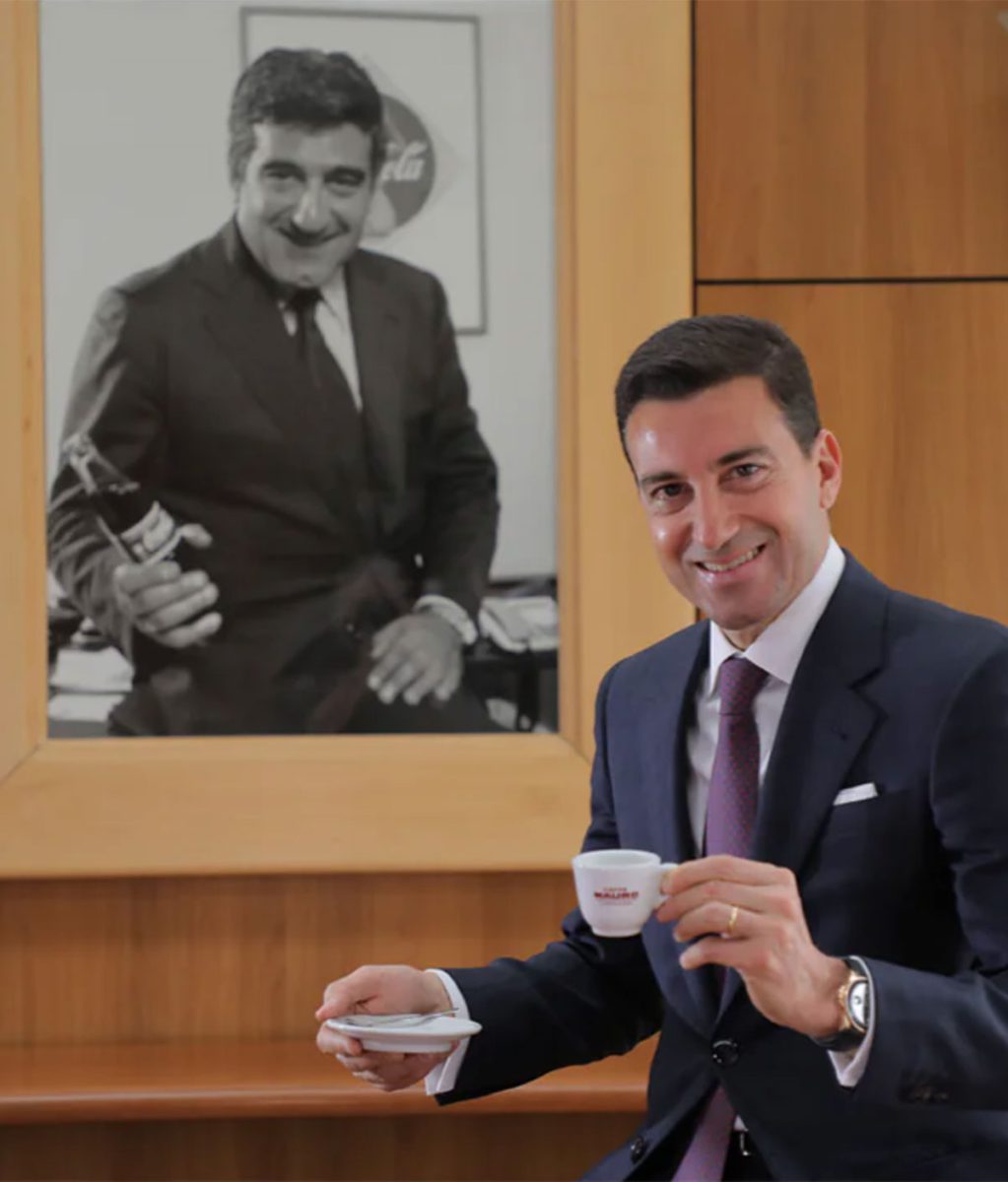
The new millennium welcomed Caffè Mauro, by now a major industry, into a new context, with old and new competitors making a name for themselves and the coffee capsule market growing at pace. The company had to contend with a market crisis.
In 2009, against this backdrop, Fabrizio Capua, through Capua Investments, progressively acquired all shares of Demetrio Mauro S.p.A., which changed its name to become Caffè Mauro S.p.a...
In the years following the acquisition, difficulties accumulated with the global consumer crisis, triggered by the bankruptcy of the Lehman Brothers financial services firm in the United States. Insufficient liquidity and falling revenues created the “perfect storm”, with the potential to destroy every type of company.
Fabrizio Capua, however, saw the crisis as an opportunity to overhaul the company and to completely rethink Caffè Mauro’s approach to the market.
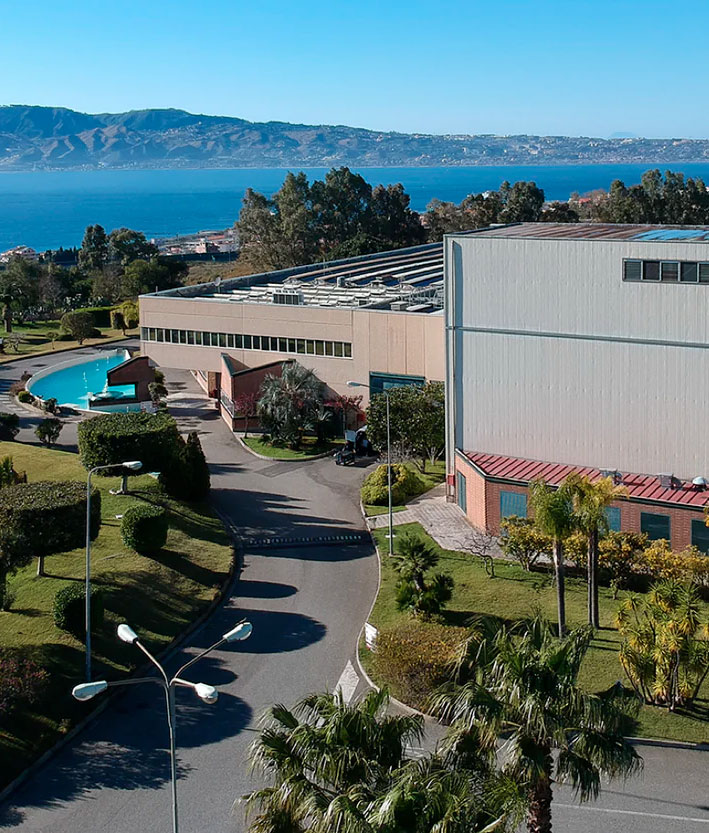
Though the founder passed away, the company continued to grow. The factory in Via Borrace had become too small to satisfy market demand in Italy and abroad. A site was located for a new production facility, in the industrial area of Villa San Giovanni, a few kilometres from Reggio Calabria. On a huge 32,000 square metre site, overlooking the magnificent Strait of Messina, one of the most important production facilities of the local area was established.
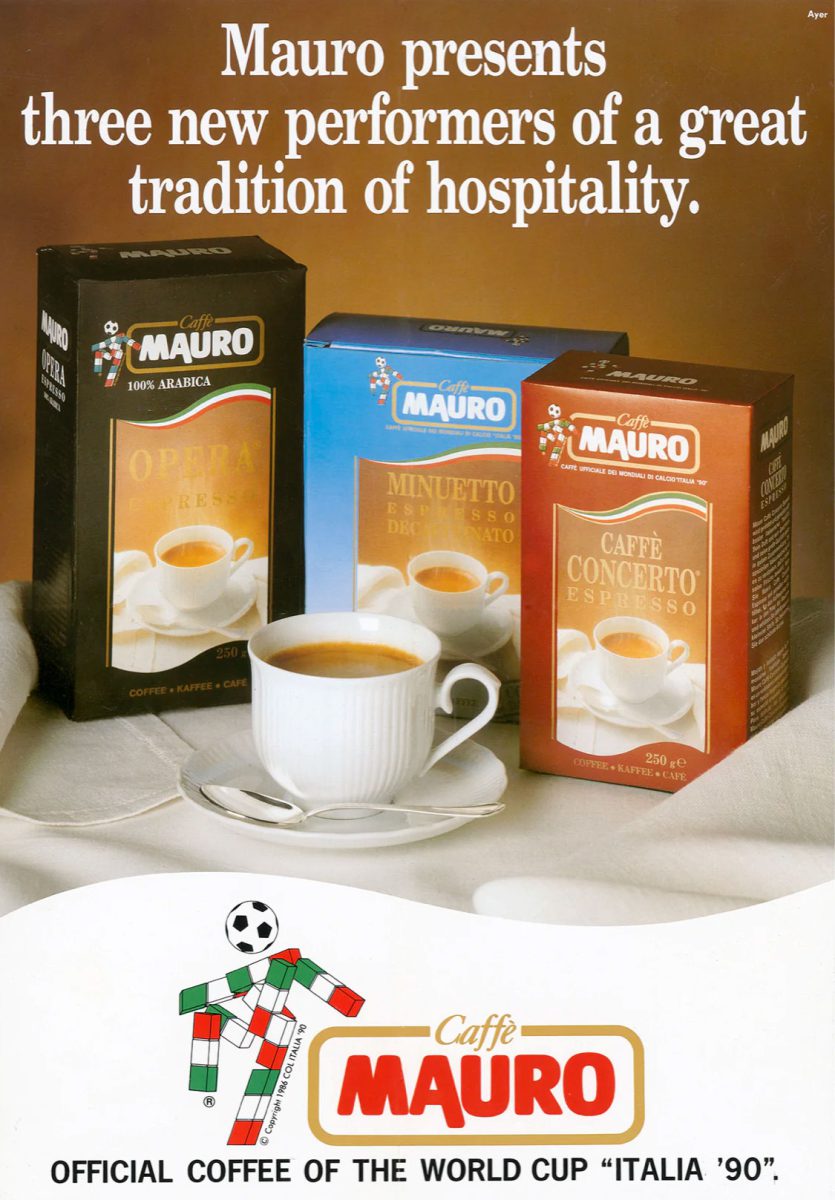
Caffè Mauro had an affinity with Italy’s unique passion for sport, as an opportunity to get together and share. It secured a series of prominent sports sponsorships. Most significantly, it was the “Official Coffee” of the football World Cup “Italia ‘90”, which was followed by deals as the main sponsor for the teams Juventus, Reggia and Palermo.
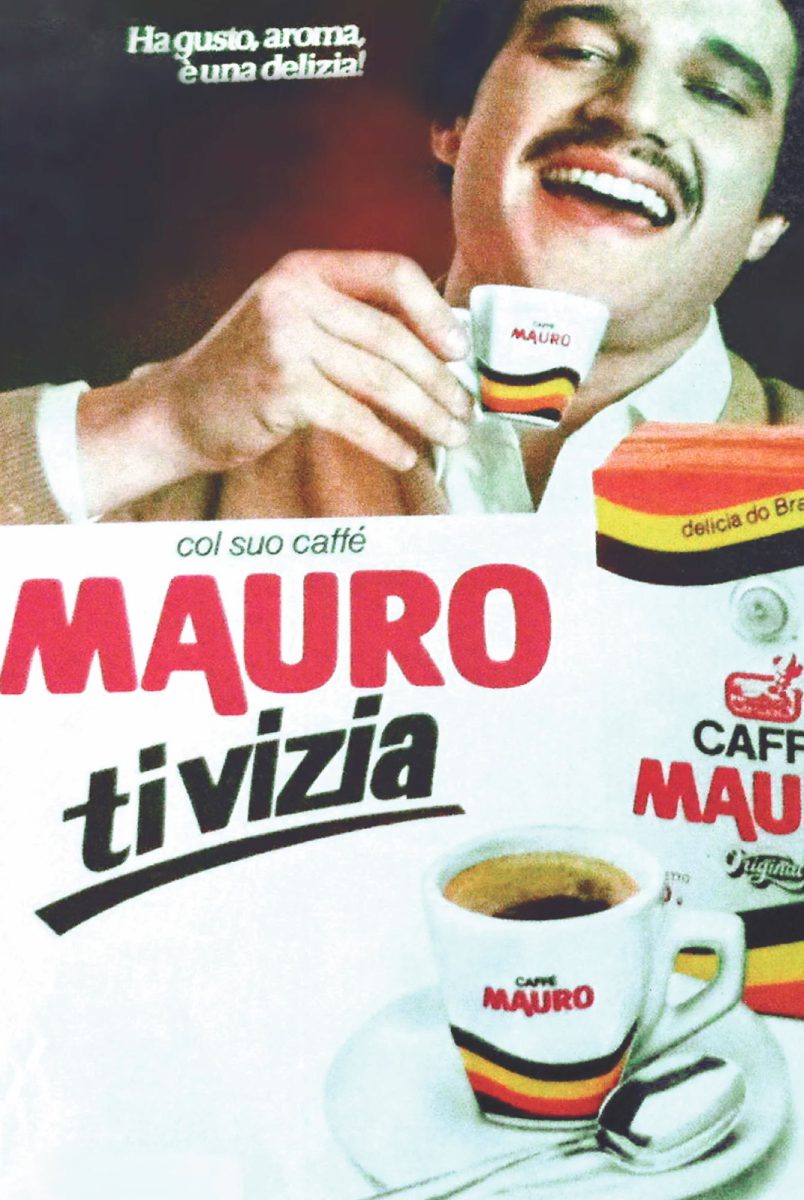
Caffè Mauro continued to expand in Italy and abroad. Marketing became an increasingly important resource. It was time for the advertising to bet on a young actor with an important surname, destined, like his father, for a career in film: Christian de Sica.
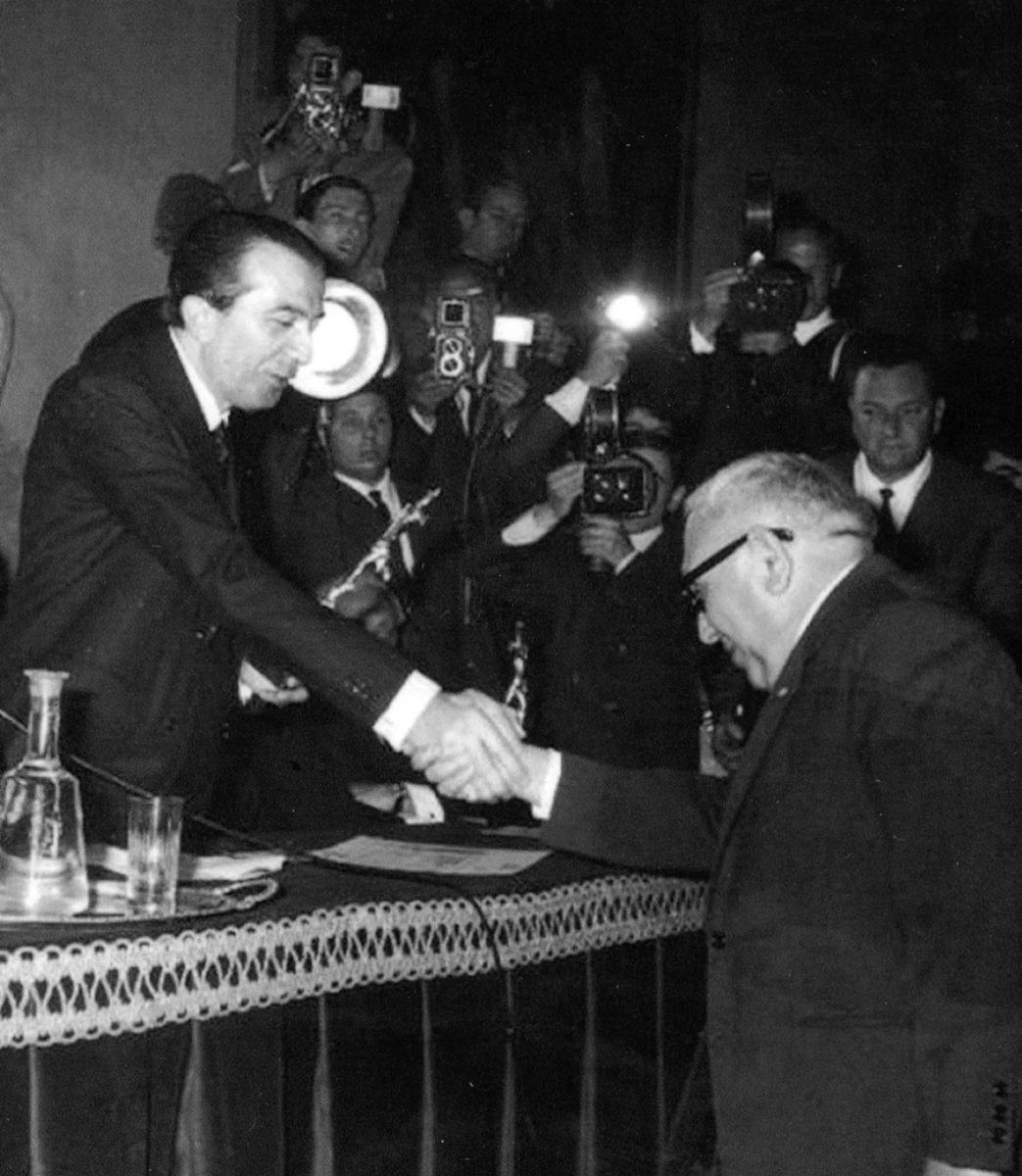
In 1967 Demetrio Mauro was awarded the prestigious “Mercurio d’Oro” prize by the then Minister for the Economy, the Hon. Giulio Andreotti. The factory was an industrial model. Quality was guaranteed by special silos with compartments for storing the raw and roasted coffees, coffee processing departments with centralised programming stations and meticulous hygiene checks.
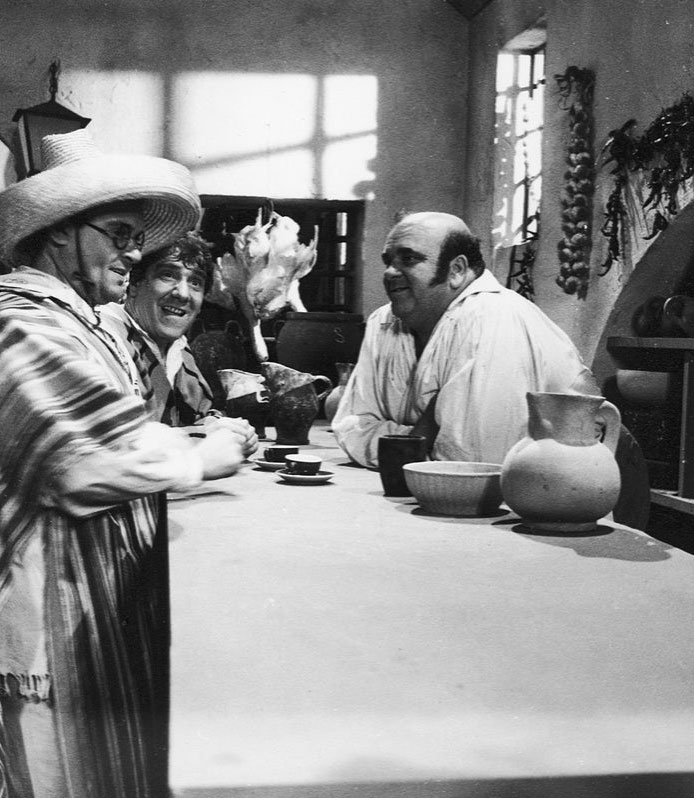
Demetrio Mauro grasped the importance of advertising well before his competitors. The packaging on the very first products revealed a careful study of the brand, colours and shapes. By the mid-1960s Caffè Mauro had arrived on Carosello, a well-known Italian television advertising show. Caffè Mauro was presented by two sleepy Mexicans, Chico and Manolo, who, reinvigorated by the coffee, proclaimed one of the advertising catchphrases of the time: “Amba la samba, ora sì che siamo in gamba!” (“Now we’re definitely on the ball!”). Even the fleet of cars and trucks was personalised and futuristic promotional vehicles were built. Mauro Caffè was one of the first Italian companies to bring merchandising into sales outlets.
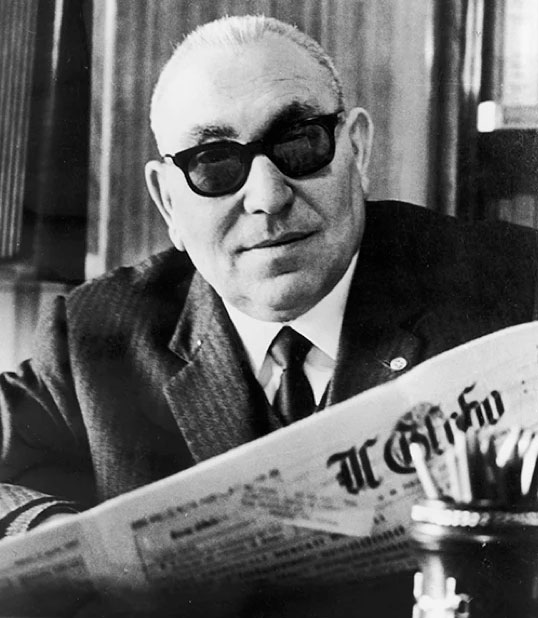
The Mauro Caffè blends, with their special slow roasts and unique sensory qualities, were successful throughout Italy. In 1957 production reached 1.5 tonnes of coffee per day. More space was needed. Demetrio located a 10,000 square metre site to the north of Reggio Calabria, where the new factory was built, with a modern production line and new offices. Production increased to 30 tonnes of coffee. The success continued and just two years later, a new 5,000 square metre building was added to the original structure.
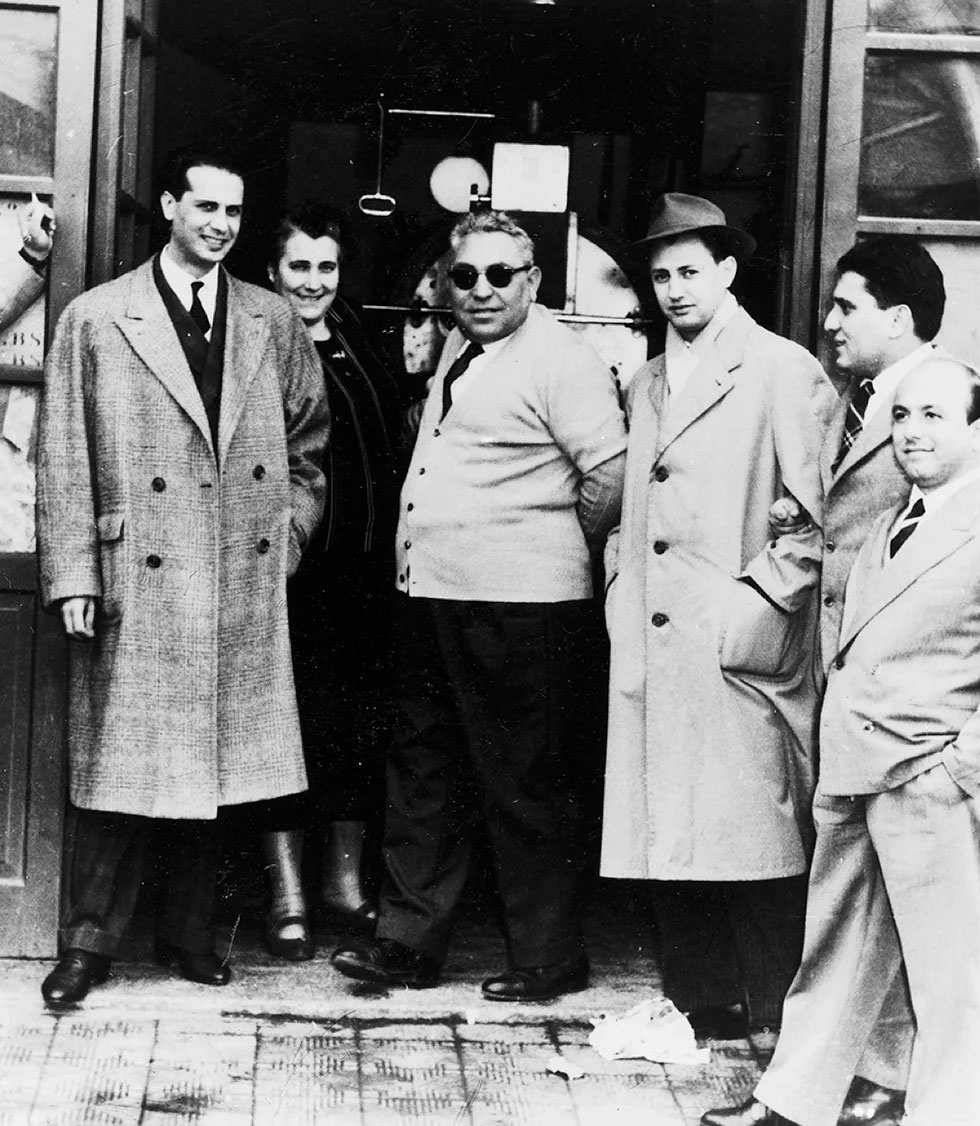
In 1959 Demetrio Mauro was 44 years old, with years of experience as a small businessman. His passion for coffee began in his youth, when he sailed on cargo ships bound for the coasts of South America. He fell in love with this beverage, with its Arabica and Robusta varieties and with the secrets of coffee roasting. After the war, Demetrio decided to launch a small Roastery, so that he could create a coffee blend that reflected the Mediterranean flavours of his land. He purchased a second-hand roasting machine and, drawing on his connections to the countries of origin, he had the first sacks of raw coffee sent to the port of Reggio Calabria. In his warehouse, a stone’s throw from the port, he started roasting and delivering 300 kilos of coffee beans every day. Mauro Caffè was established, at via Florio 101.
Demetrio was a determined and creative man. A few years later he had the brilliant idea to start packaging the coffee, which had until then been sold loose, with its own brand name, thus creating a coffee brand.
